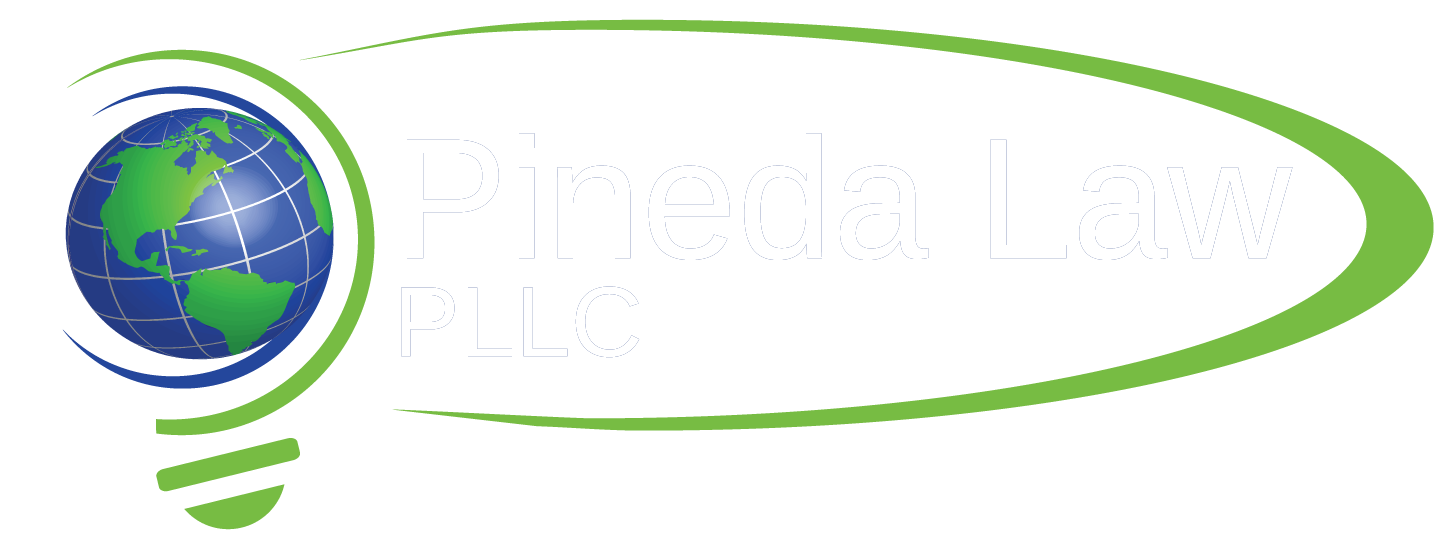Probate vs. Non-Probate Assets in Florida
If you have had a loved one pass away in Seminole County, Orange County, or anywhere in the Orlando area, you may be wondering which of the assets that were left behind will have to go through the probate process. Generally, probate is the legal process (usually supervised by the local court) where a decedent’s estate is properly distributed to heirs and designated beneficiaries. In general Probate Property will be distributed according to the Last Will & Testament (if the decedent had one), or according to Florida’s Intestacy Laws if the decedent did not have a Last Will and Testament. A probate asset is typically an asset that was solely owned by the decedent at the time of his or her death, an asset that was titled in the name of the decedent only, or an asset that does not have designated beneficiary to whom the asset will pass. These assets together make what is called the Probate Estate. This is specifically defined in Florida Statutes §731.201(14) “ ‘Estate’ means the property of a decedent that is the subject of administration.” It will be the responsibility of the Personal Representative named in the decedent’s Last Will & Testament, or the Personal Representative appointed if intestate, to open the Probate case and distribute the probate assets.
Examples of Probate Assets
- Real property that is titled solely in the decedent’s name;
- Real property held as a tenant in common;
- Tangible Personal Property, which includes items such as jewelry, furniture, and automobiles;
- Bank accounts that are solely in the decedent’s name and are not a Transfer on Death Account;
- An interest in a partnership, corporation, or limited liability company (shares, membership percentages, etc.);
- Any life insurance policy or brokerage account that lists either the decedent or the estate as the beneficiary.
What then are non-probate assets? Generally, this means assets that can be transferred without court supervision. This is an important distinction, because if an asset is a non-probate asset and is not subject to court supervision, a person’s Last Will & Testament will not control that asset’s distribution.
Examples of Non-Probate Assets
- Property that is held in joint tenancy or as tenants by the entirety;
- Bank or brokerage accounts held in joint tenancy or with payable on death (POD) or transfer on death (TOD) beneficiaries;
- Property held in a trust;
- Life insurance or brokerage accounts that list someone other than the decedent as the beneficiary;
- Retirement accounts with named beneficiary.
If you are faced with a probate matter in the Orlando area, whether it is in Seminole County or Orange County, or anywhere in Florida, Pineda Law, PLLC has the legal experience necessary to help you work towards proper administration of your loved one’s estate.
Author: Matthew D. Pineda, J.D., LL.M., LLMLE
Note: The information in this blog post is provided as a service to the internet community, does not constitute legal advice, and should not be construed as legal advice or legal opinion on any specific facts or circumstances.


